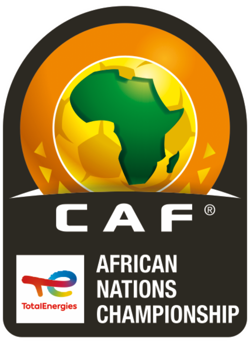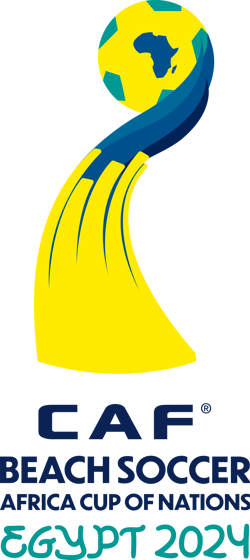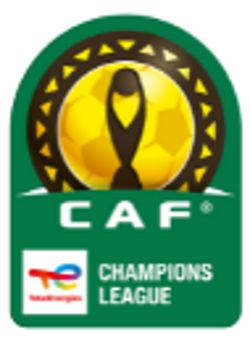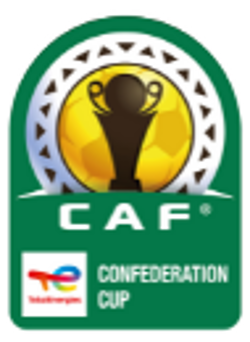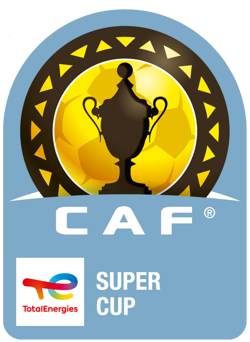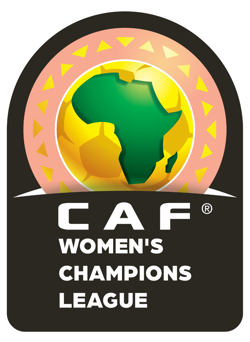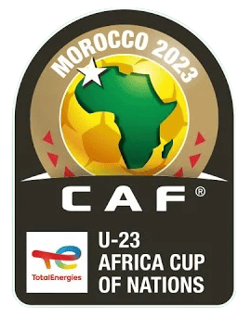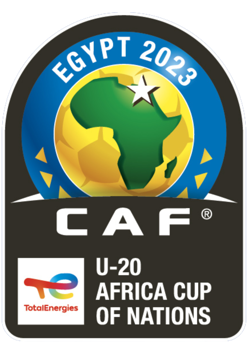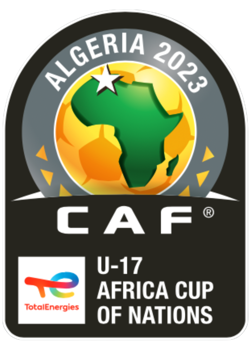FIFA, CAF, and OFC working to improve female coaching pathways
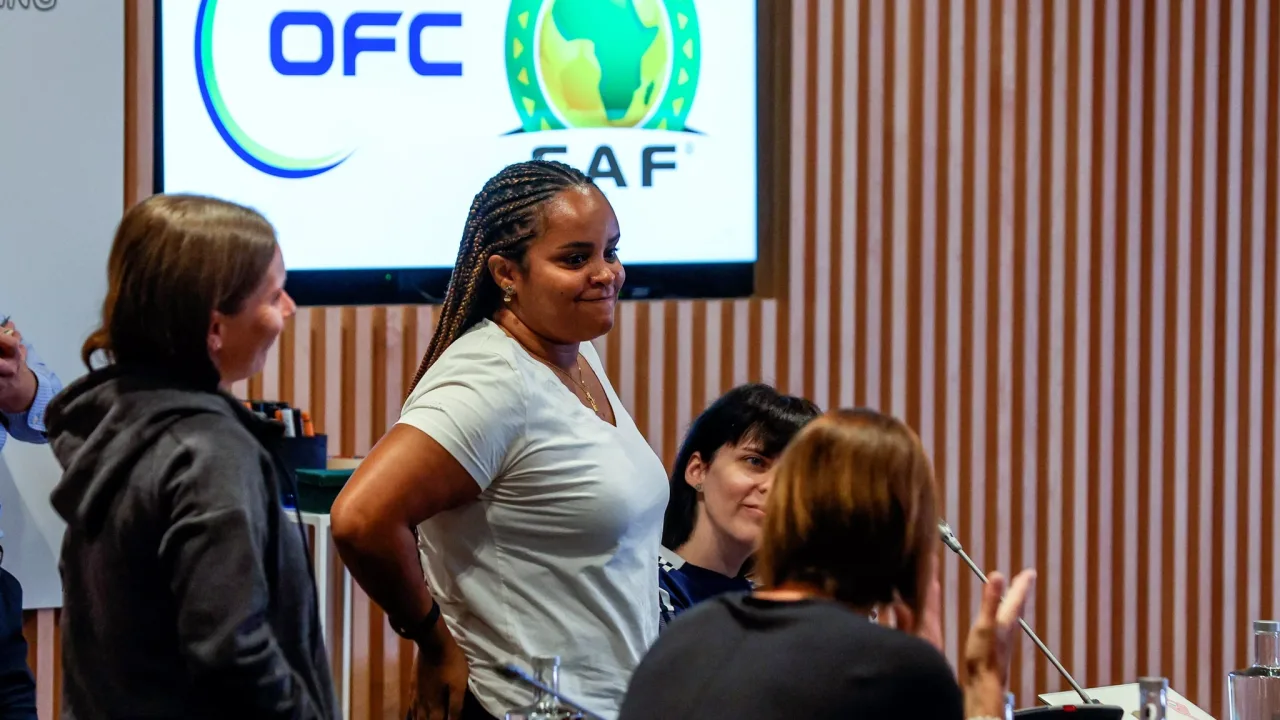
- Meskerem Goshime and Emma Evans were invited as observers to FIFA’s Coach Mentorship workshop in Lisbon
- Both confederations are focused on developing opportunities, despite numerous geographical and cultural differences in their respective regions
- Plans are in place to capitalise on increased participation demand generated by this year’s FIFA Women’s World Cup
20,000km separates Auckland and Lisbon, but distance and inevitable jet lag were not going to stop Emma Evans being part of the FIFA Coach Mentorship Programme, when a second workshop kicked off one month ago today.
Evans has worked for the Oceania Football Confederation (OFC) for the last 4 ½ years and is currently employed as the Women’s Football Manager. Her presence in Lisbon at the end of May, alongside her African Football Confederation (CAF) counterpart Meskerem Ghoshime was instigated by Belinda Wilson, Senior Technical Development Manager in FIFA Women's Football Development team.
“This is the second edition of the programme, and till now, we have seen an under-representation of coaches from Africa and Oceania” Wilson explained. “By inviting Emma and Meskerem, we are sharing our methodology, and seeking to connect with more female coaches, to ensure they have the same opportunities to benefit from the Coach Mentorship Programme.”
The OFC is headquartered in Auckland, New Zealand, yet it spans 11 member associations spread right across the Pacific.
“The geographical spread in our region is huge,” said Evans. “While we don’t necessarily have a large population in our countries, some have hundreds of small islands. Of those, a number may only have a couple of hundred people living on them. It’s about trying to make education accessible to everyone.
“We also have challenges when it comes to online connectivity in some countries, so we must be flexible. That’s where programmes like this FIFA mentorship programme come in. It’s not a one-off course that’s delivered; it’s more one-on-one support. It’s greatly beneficial to see how it’s done on a global level. Then we’ll try to replicate it across our region.”
Meskerem Goshime also travelled from CAF’s HQ in Cairo to be in Lisbon. The challenges she faces are not dissimilar from those that Evans encounters daily.
“We have 54 member associations with different cultures, different environments, and different stages of development of women’s football. That’s one of the biggest challenges we face” the Ethiopian-born CAF Head of Women’s Football underlined.
“We are making a lot of progress in Africa in women's football - the current CAF African Women's champions are coached by a woman - but we also know there is a lot we can do to improve.
"We have member associations that are very focused on coach education and have developed a lot of coaches already, while other member associations do not have that kind of capacity, and the number of women’s coaches is small.
“We are working to organise more female-based coaching courses, and this kind of coach mentorship programme can be a key educational course through which to do so.”
As the women’s game continues to mushroom globally, ensuring that there are improved pathways for female coaches is a topic Wilson believes is critical to keep pace with other growth areas.
“I’ve had many positions within football: at grassroots, all the way through to national teams, and now, obviously, at FIFA. The game is accelerating at such a pace, and I love that. But what we also need to remember is that we need to build strong foundations” Wilson said with gusto.
Traditionally, female coaches have only had one pathway, starting at a youth national team, and then working their way to the seniors, either as assistant or head coach.

However, the increasing professionalisation of the women’s game, including of leagues, is now creating more access and opportunities to career paths.
“I think our national teams need to understand what’s happening in the club environment and vice versa. I think that’s an important discussion, a continuous discussion, that needs to happen over the next few years” continued Wilson.
“Coach development is not about turning up and just doing a coaching licence or badge. It is about putting that knowledge into practice. We do have member associations that have a consistent pathway, which is fantastic, but we do also see gaps. If you have the dream of becoming a coach at senior level, it’s really important for coach development to be included in that pathway.”
On 20 July, the ninth FIFA Women’s World Cup will get underway with the largest-ever starting field of 32 teams. As the world’s best players vie to lift the trophy, once again the women’s game will be in the shop window. It’s a moment in time that in the words of Australian Wilson will be “very emotional.”
For Emma and Meskerem, the tournament presents an incredible opportunity to capitalise on what they will hope will be a catalysing moment in driving participation growth.

“We have our OFC women’s football strategy called All In, and through that, we’re really trying to leverage the momentum and the excitement that the FIFA Women’s World Cup will bring to our region,” said Evans.
“One of the things we’ve really tried to do here is take the Women’s World Cup to the Pacific. We want it to be visible. We want to break down the barriers so they can access games at the highest possible level. So, we’re creating a number of fan zones and hubs.
“Hopefully, that not only inspires young girls and young boys to play, but also lets the parents see that women’s football can be a career pathway for their daughters, for their granddaughters, and that it’s something that they can support. We’re really taking a holistic approach, making sure the infrastructure and pathways surrounding football are there, ready for when these girls see the FIFA Women’s World Cup.”
In Africa, the evolution of the women’s game has also rapidly accelerated, taking even a long-established convert like Meskerem Goshime by surprise.
“The Women’s Africa Cup of Nations qualifiers helped us see the huge progress in terms of women’s football in different member associations. To see girls coming to watch women’s football in record-breaking numbers was a new thing for us and a game-changer.”
With debutants Zambia and Morocco joining Nigeria and South Africa at the FIFA Women’s World Cup, interest in newer territories is firmly anticipated. Banyana Banyana Head Coach Desiree Ellis – a Coach Mentorship Programme mentor – and two mentees in Lisbon – Maggie Chombo (Malawi U20 Women’s National Team coach) and Shilene Boysen – have already been earmarked to support CAF.
“Desiree, Maggie and Shilene are all working with us as instructors, and in September, we have a women’s football instructor course planned. We are also working very closely with FIFA to design our own mentor and mentee programme for coaches, and we will call on these three women to share their experience with other female instructors” concluded Meskerem.

